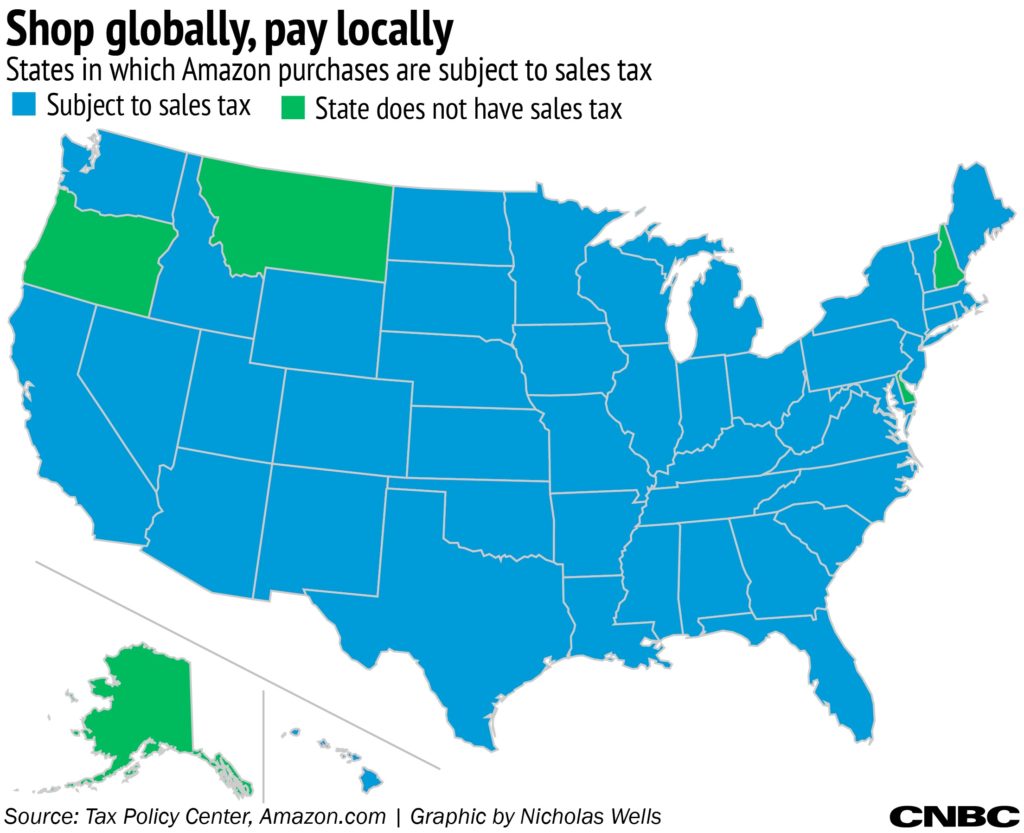I have purposefully not commented on Walmart’s ecommerce efforts after the retail giant acquired Jet.com. There were many immediate reactions to the acquisition but the simple truth is that no-one had any idea how it would end up. Let me be clear – the acquisition is a long term bet by Walmart on Marc Lore and his team to grow their ecommerce efforts. This is also a reflective post in which I am trying to be as objective as possible.
The day Walmart & Jet.com shocked the entire ecommerce industry
On 8 August 2016 Walmart shocked the ecommerce industry by announcing their acquisition of Jet.com for $3.3 billion. $300 million will be paid via Walmart stock. The acquisition ensured that early Jet.com investors made large returns on their bet but no-one expected Walmart to be the ultimate end game for Jet.com as the company rapidly gained size via heavy spending on advertising, low pricing and buzz.
The initial thinking was that Jet.com was acquired due to the business taking market share away from Sam’s club. Jet.com used bulk sales and technology to provide customers with low pricing. It is important to note that while Jet.com was a startup Marc Lore ensured that he never mentioned Jet.com as an Amazon competitor but rather it was described as online version of bulk retail operations seen at Sam’s Club and Costco. I also need to mention that once Jet.com launched publicly it initially was going to use a membership fee to subsidize the low pricing it would provide to consumers. In a space of 6 months Jet.com moved away from the membership fee as customers were not willing to pay another subscription to a retailer (I believe that this was aimed at Amazon Prime but Lore under estimated the impact that Prime has on customers.)
I strongly believe that until the day of the Walmart acquisition, Jet.com did not have a business model that was sustainable nor clearly defined their future.
Continue Reading


